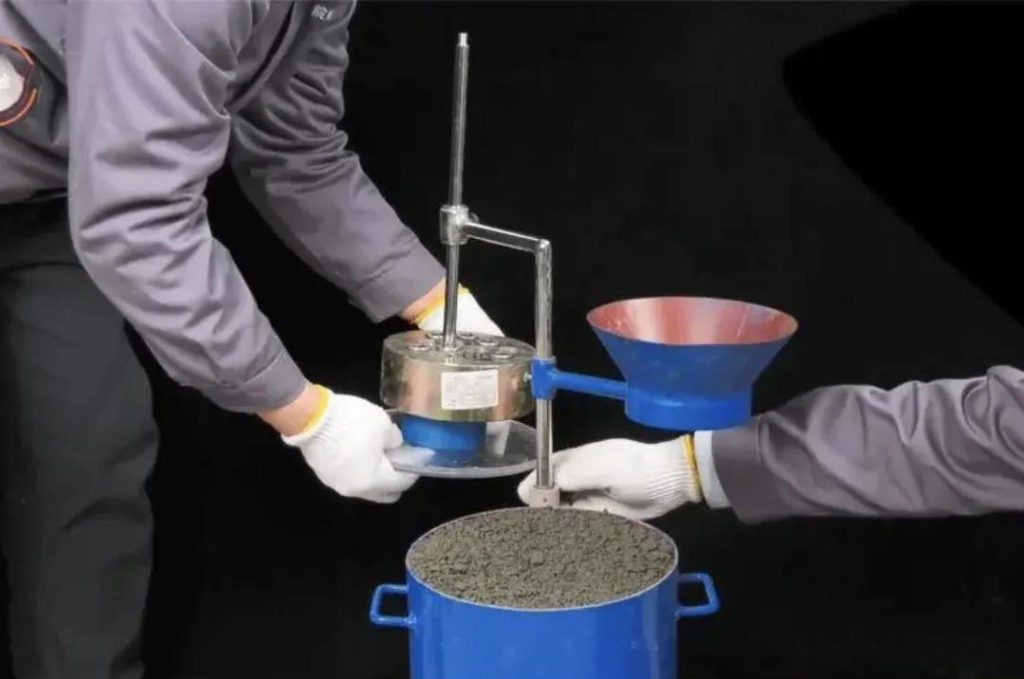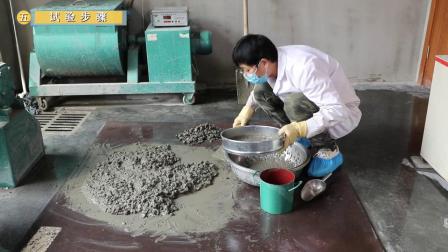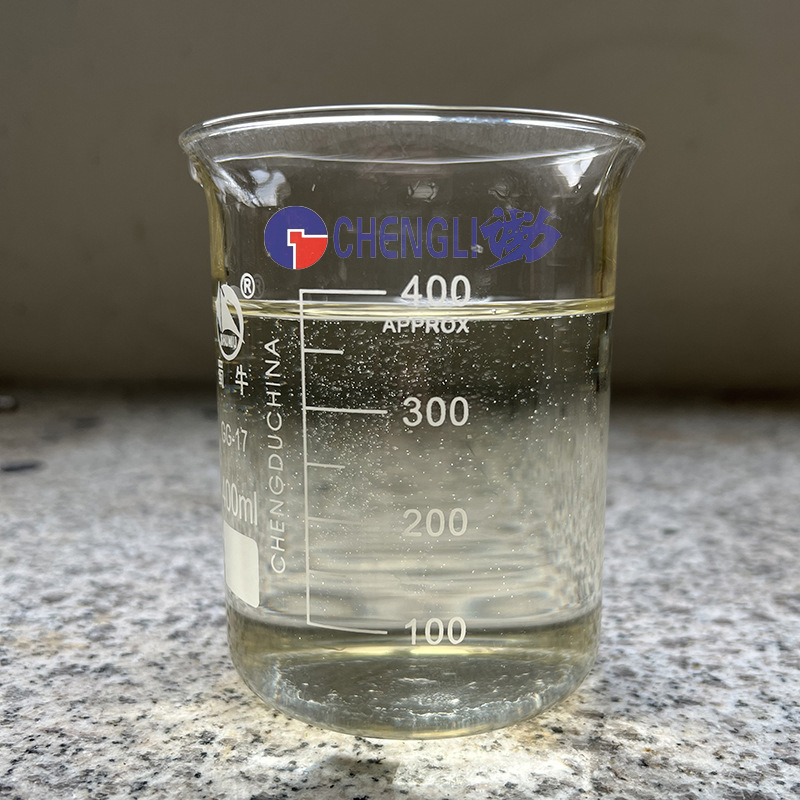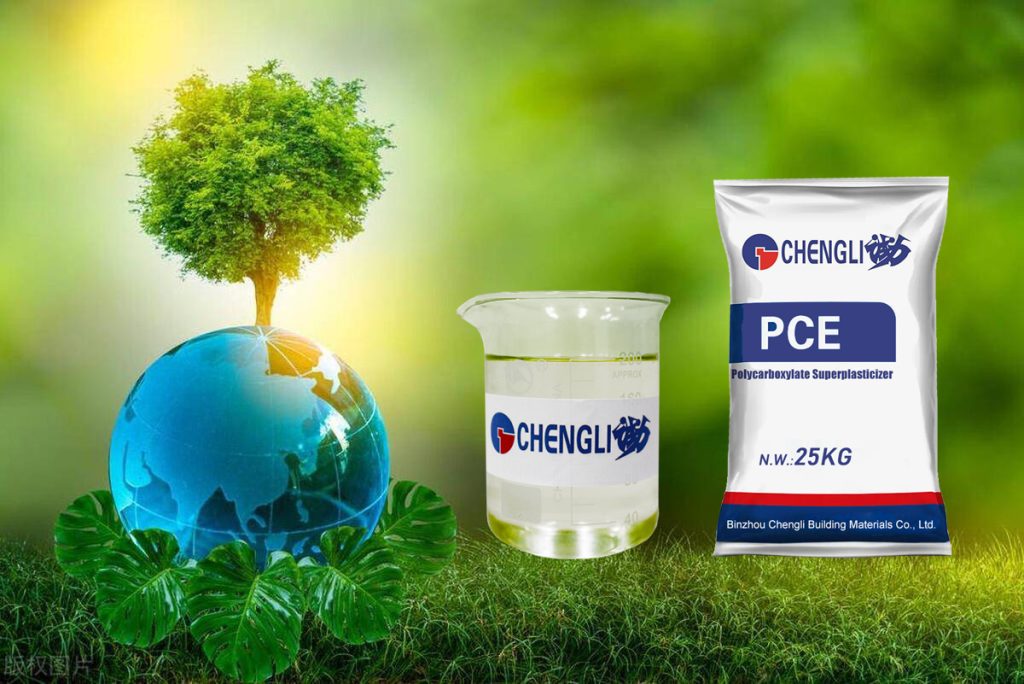Introducció
The construction industry relies heavily on concrete as a primary building material due to its durability, versatility, and cost-effectiveness. However, maintaining the workability of fresh concrete over time—specifically its slump retention—remains a critical challenge. Slump retention refers to the ability of concrete to retain its fluidity and plasticity during transportation, placement, and finishing. Poor slump retention can lead to segregation, reduced strength, and increased labor costs. To address this, modern concrete mixes increasingly rely on advanced chemical admixtures such as Superplastificants de policarboxilats. This article explores strategies for optimizing slump retention using Superplastificants de policarboxilats, while emphasizing the role of a reliable fabricant d'additius de formigó in delivering high-performance solid concrete water reducing agents.



1. Understanding Slump Retention and Its Importance
Slump retention is measured using the ASTM C143 slump test, which evaluates the consistency of fresh concrete. A higher slump value indicates greater fluidity, but this must be balanced against the risk of segregation. Ideal slump retention ensures that concrete remains workable from mixing until final placement, even under challenging conditions like high temperatures or long transportation times.
Traditional agents reductors d'aigua de formigó, such as lignosulfonates or naphthalene-based superplasticizers, often struggle to maintain slump beyond 60–90 minutes. This limitation has driven the adoption of next-generation Superplastificants de policarboxilats, which offer superior performance in terms of water reduction, slump retention, and compatibility with other admixtures.



2. The Science Behind Superplastificants de policarboxilats
Polycarboxylate Superplasticizers are synthetic polymers characterized by a comb-like molecular structure. This design includes a hydrophilic backbone with carboxylate groups and polyethylene oxide (PEO) side chains. The unique architecture allows Superplastificants de policarboxilats to:
- Disperse cement particles more effectively via electrostatic repulsion.
- Reduce water demand by up to 40%, enabling high-strength, low-permeability concrete.
- Extend slump retention through controlled adsorption and delayed hydration reactions.
Unlike older admixtures, Superplastificants de policarboxilats can be tailored at the molecular level. For instance, adjusting the side-chain length or grafting density allows a fabricant d'additius de formigó to customize the superplasticizer for specific applications, such as hot-weather concreting or self-consolidating concrete (SCC).

3. Strategies for Optimizing Slump Retention with Superplastificants de policarboxilats
a. Molecular Tailoring of Polycarboxylate Superplasticizers
The slump retention performance of Superplastificants de policarboxilats depends on their molecular design:
- Long side chains provide steric hindrance, slowing cement hydration and prolonging workability.
- Optimal grafting density balances adsorption and dispersion efficiency.
- Functional groups like sulfonic acid enhance compatibility with supplementary cementitious materials (SCMs) like fly ash or slag.
Leading manufacturers now offer Agents reductors d'aigua de formigó sòlid in powder form, which are easier to transport and store than liquid alternatives. These solid Polycarboxylate Superplasticizers dissolve rapidly in mixing water, ensuring uniform dispersion.
b. Dosage Optimization
Overdosing Polycarboxylate Superplasticizers can cause excessive retardation or air entrainment, while underdosing leads to rapid slump loss. The ideal dosage depends on:
- Cement chemistry (e.g., C3A content).
- Ambient temperature and humidity.
- Mix design (e.g., water-cement ratio, SCM content).
Collaboration with a fabricant d'additius de formigó is essential to determine the optimal dosage through lab trials and field testing.
c. Compatibility with Other Admixtures
Superplastificants de policarboxilats must coexist with other additives like air-entraining agents, retarders, or viscosity modifiers. Incompatibilities can destabilize the mix, causing slump loss or segregation. Pre-blended admixture systems, often supplied by specialized manufacturers, mitigate this risk.
d. Temperature Management
High temperatures accelerate cement hydration, shortening slump life. Solutions include:
- Using retarding-type Superplastificants de policarboxilats with extended side chains.
- Incorporating ice or chilled mixing water.
- Applying shade or cooling forms during placement.



4. The Role of Concrete Admixtures Manufacturers
A reputable fabricant d'additius de formigó plays a pivotal role in slump retention optimization by:
- Providing Polycarboxylate Superplasticizers tailored to regional materials and climate.
- Offering technical support for dosage calibration and mix design.
- Supplying Agents reductors d'aigua de formigó sòlid for projects in remote or high-temperature regions.
- Conducting R&D to develop next-gen Superplastificants de policarboxilats with enhanced slump retention and sustainability.
Case studies from manufacturers like Sika, BASF, and GCP Applied Technologies highlight innovations such as Superplastificants de policarboxilats with “time-release” mechanisms, which maintain slump for over 4 hours without compromising early strength.



5. Sustainability and Cost Considerations
Mentre Superplastificants de policarboxilats are more expensive than traditional admixtures, their benefits often justify the cost:
- Reduced water usage lowers carbon footprint.
- Extended slump retention minimizes waste from rejected batches.
- High-performance mixes enable thinner sections, reducing material consumption.
Manufacturers are also developing bio-based Superplastificants de policarboxilats to align with green construction trends.



Conclusió
Optimizing slump retention with Superplastificants de policarboxilats requires a synergy of advanced chemistry, precise dosing, and collaboration with a trusted fabricant d'additius de formigó. As the industry shifts toward high-performance and sustainable construction, Superplastificants de policarboxilats will remain indispensable for achieving durable, workable, and eco-friendly concrete. By leveraging tailored admixtures like Agents reductors d'aigua de formigó sòlid, engineers can overcome slump retention challenges while meeting the demands of modern infrastructure projects.
El nostre equip tècnic professional està disponible les 24 hores del dia, els 7 dies del dia, per resoldre qualsevol problema que pugueu trobar durant l'ús dels nostres productes. Esperem la vostra col·laboració!

